Kaiser Permanente research scientist and TPMG physician leads award-winning colorectal cancer screening program
In the late 1990s, Theodore R. “T.R.” Levin, MD, then a research fellow at the University of California, San Francisco, received a grant from the National Cancer Institute to investigate the effectiveness of a new type of colorectal cancer screening test. Levin’s study, conducted with investigators at the Kaiser Permanente Division of Research, laid the groundwork for the colorectal cancer screening program Kaiser Permanente Northern California (KPNC) began to implement more than a decade ago. Today, as a research scientist at the Division of Research and as the Clinical Lead for Colorectal Cancer Screening for The Permanente Medical Group (TPMG), Levin continues to oversee the award-winning program that has significantly reduced colorectal cancer incidence and deaths among KPNC members.
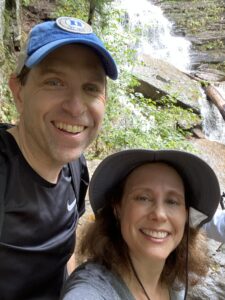
Since starting his career at KPNC in January 2000, Levin has spent 60% of his time in the clinic seeing patients and 40% of his time conducting research. In his new role as interim associate director of the Division’s Cancer Section, which he started in July, Levin will focus primarily on cancer research, but continue to see patients 1 ½ days a week.
We spoke with Levin about how he developed an interest in medicine, what drew him to research, and the widely respected KPNC colorectal cancer screening program he oversees.
When did you know you wanted to go to medical school?
At a young age, from my exposure to science classes and biology classes, medicine was something that interested me. Also, my father was a doctor, so that was another influence. But I didn’t really lock in on medicine as a career until I had a summer job at a hemodialysis center, in Baltimore, while home from college. I was a dialysis technician, and I would set up the dialysis machine and connect people for their dialysis sessions. It was eye opening — I had grown up in a relatively sheltered environment and the dialysis center was in an urban hospital, so we had a lot of low-income folks. I liked the hands-on nature of the work, and I liked talking to people and hearing their stories. After that summer, I knew a medical career was what I wanted.
How did you become interested in research?
I completed a master’s degree between college and medical school, and that work included writing a research paper — which I really enjoyed. Later, I was offered a spot in the research gastrointestinal fellowship at the University of California, San Francisco. In 1995, I was looking for a mentor, and I was introduced to Joe Selby, MD, MPH, who, in 1998, became the director of the Division of Research (DOR). During my fellowship, the National Cancer Institute put out an announcement for grants for new investigators interested in cancer screening. At the time, Joe had a big database called CoCaP — which stood for colon cancer prevention — that was tracking everyone at KPNC who was being screened for colorectal cancer with flexible sigmoidoscopy. So, it was a once in a lifetime opportunity to be well suited for a grant because of all the data we had as well as having Joe’s advice on writing the proposal. The grant I received was for a study to add a new fecal blood test called the fecal immunochemical test (FIT) to sigmoidoscopy, and that started me on my way.
How have you benefitted from working at DOR and TPMG?
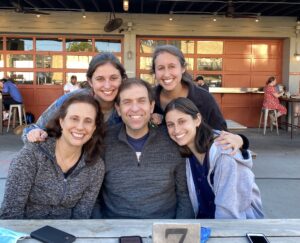
After working as a TPMG physician for just a few months, I realized how much sense our financial model makes. The expression we used in those days was “having been Kaiserized.” I couldn’t go back to a different model of care. Also, for the kind of research that I wanted to do, which looks at how do you take care of a whole population of patients and make sure they get the preventive care that they need, this is the best place to do that type of work.
We have more than a million people who are eligible for colorectal cancer screening each year and over 600,000 who are mailed a FIT test to their home each year. Those with a positive test go on to have a colonoscopy. When we started the program, we had 60 gastroenterologists in KPNC; now we have close to 150. And we’ve gone from doing 25,000 colonoscopies a year to more than 100,000 a year. That’s because as our patient population has grown and our program reaches more members, we’ve had more people with a positive test who need to follow up with a colonoscopy, as well as more people with a history of polyps who need surveillance.
What are you looking at now?
The next step is to look at older people with low-risk colorectal polyps to see if it is safe to follow them with FIT tests rather than a colonoscopy. This study aligns with work Doug Corley, MD, PhD, at the Division of Research is doing to evaluate extending the length between colonoscopies after a polyp is found from 5 years to 10 years. We are also looking at newer tests that are potentially more convenient because they are blood tests and not stool tests.
What do you enjoy outside of work?
I am married, and my wife, Rona Bar-Din, MD, is a KPNC pediatrician in Walnut Creek. We have 3 daughters — Yael, Aliza, and Liat — who are in their 20s. Two have gone into the medical field and one is a mechanical engineer. We like to be outside, to relax on our back deck or to hike in the East Bay hills, or travel to a beach. For the past few years, we’ve focused on taking advantage of all the great outdoor opportunities in the Bay Area.
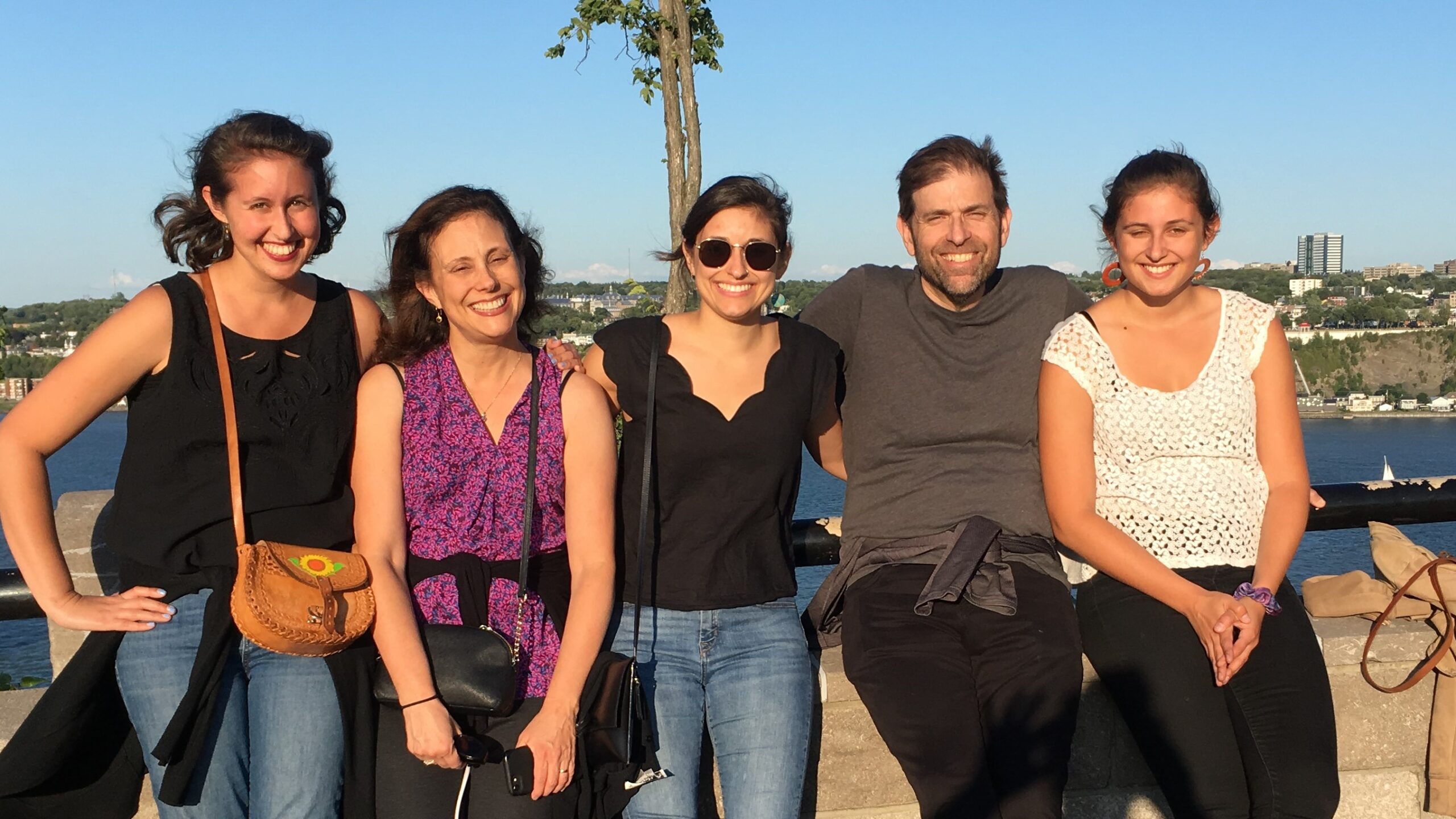

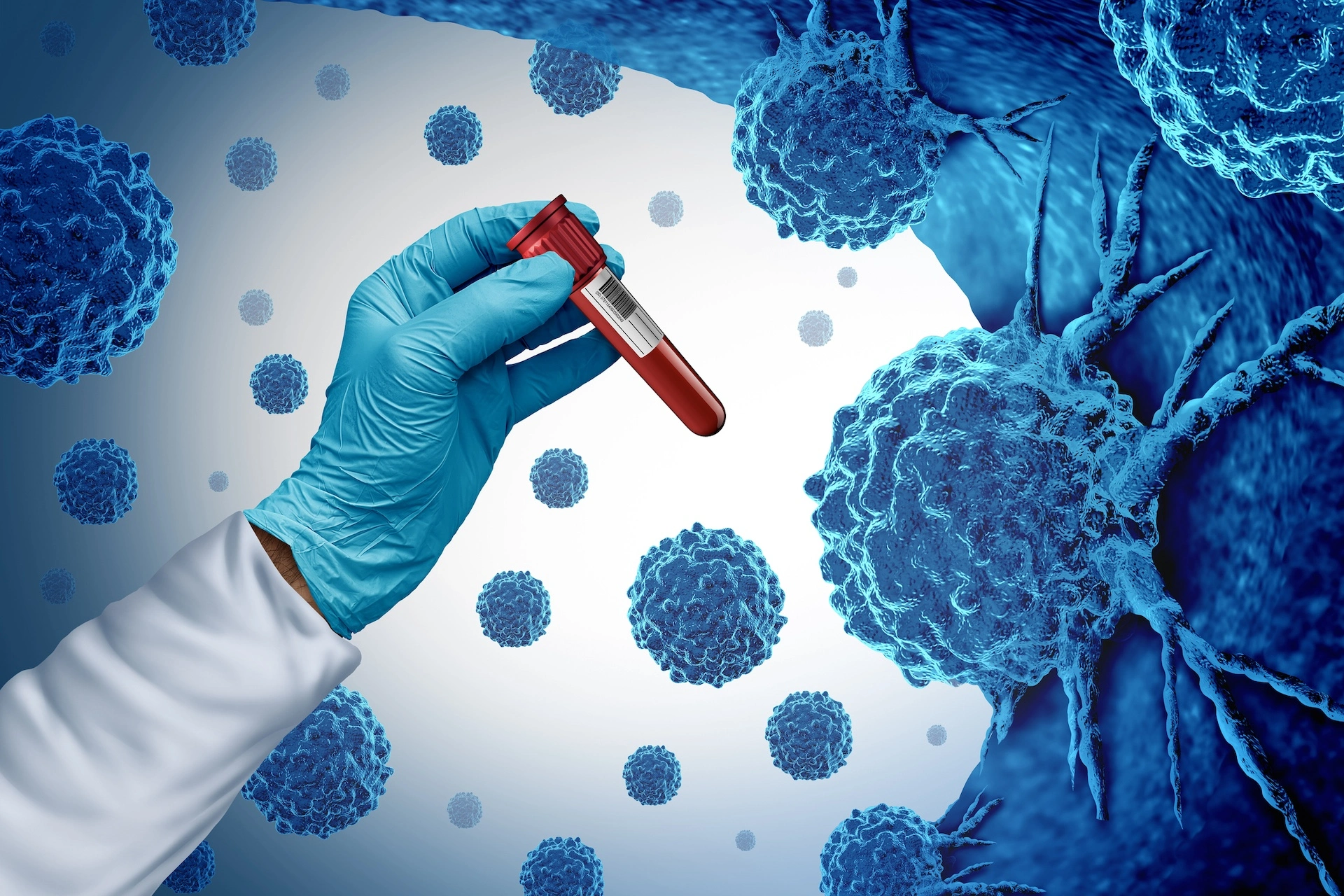

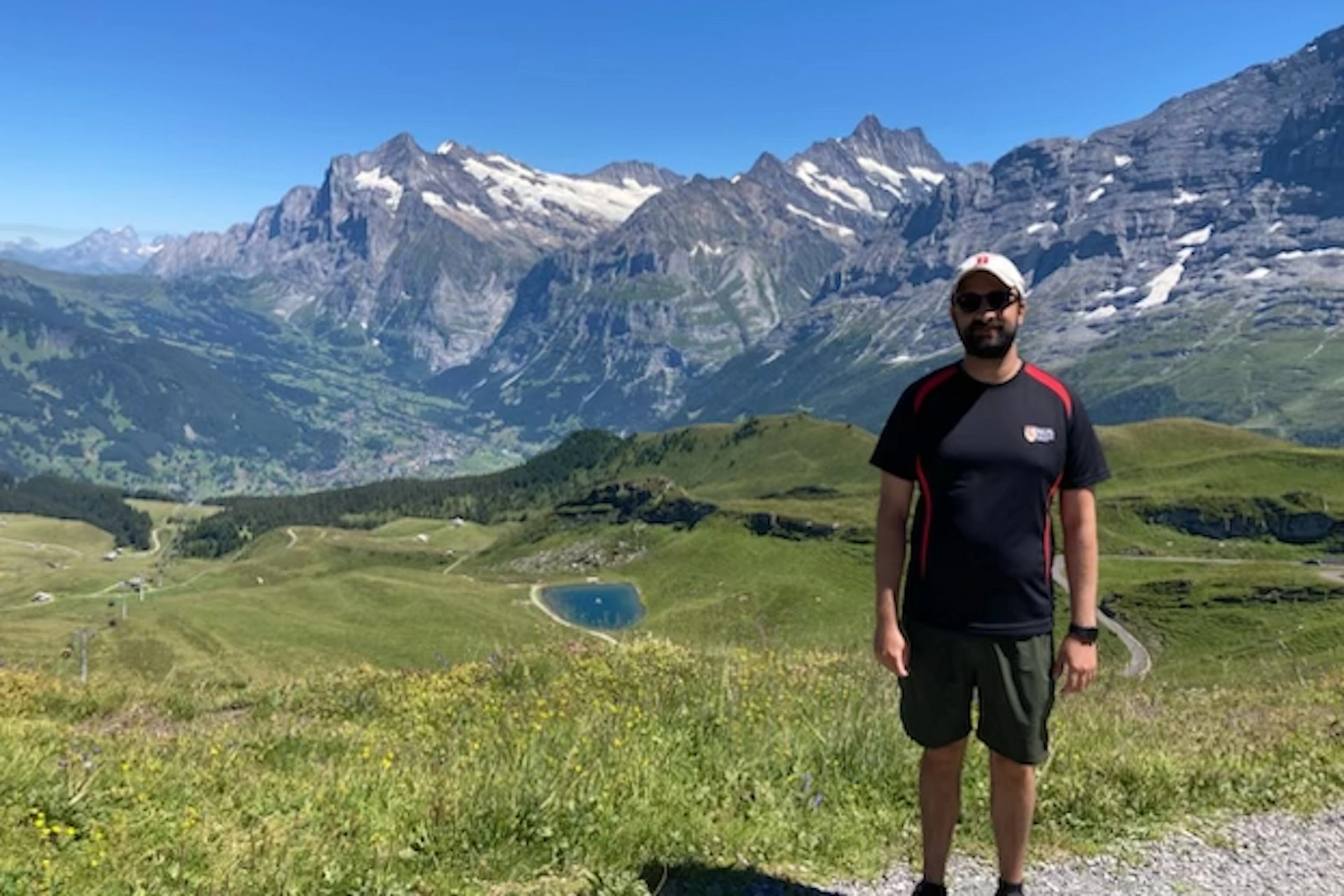
This Post Has 0 Comments